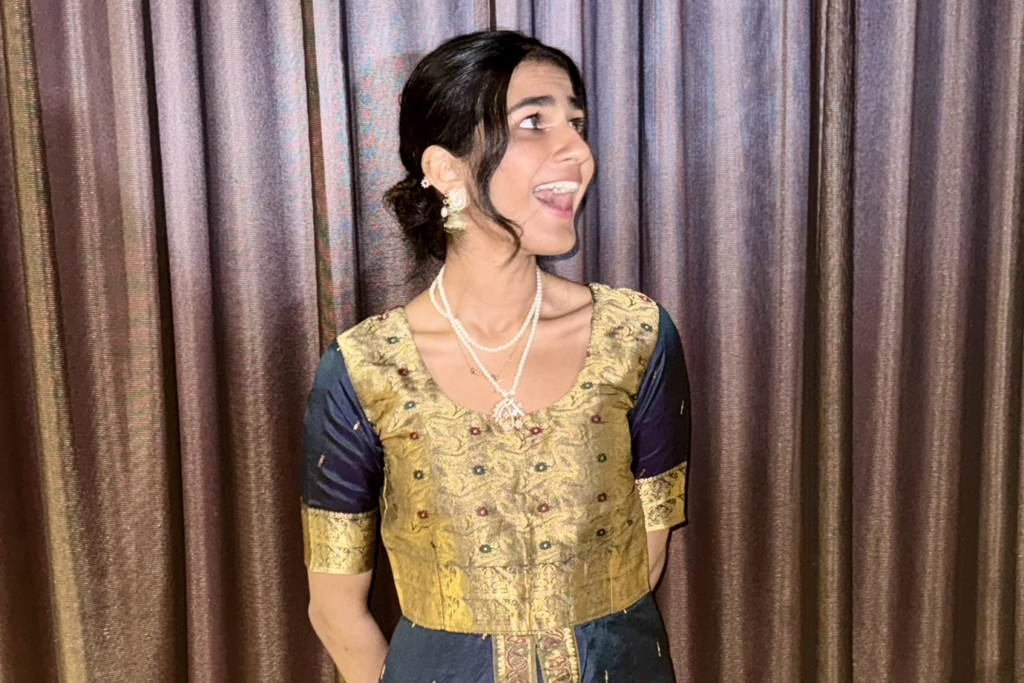“Happy Diwali to all our customers and team members…” played over the speakers at Coles. Ironically, at this time, I was in the annual Diwali aisle, which has become part of chain supermarkets over the past few years.
Diwali, also known as Deepavali, is a significant festival celebrated primarily in India and widely in Nepal, Malaysia, Fiji, and other countries with an Indian diaspora.
For many, Diwali is a sacred religious holiday. For some Hindus, Diwali originates in The Ramayana, a Hindu legend with Sita and Rama, who are both reincarnated as gods. Diwali, for them, is seen as the return of Sita, who is saved by her husband, Prince Rama, after being kidnapped by the demon king Ravana after 14 years of exile. Both Sita and Rama are reincarnated as gods and hold significance for Hindus.
For Hindus in South India, Diwali is the celebration of Lord Krishna, the rescuing of 16,000 girls after he defeated the demon Narakasura, a demon, and rescuing 16,000 girls in the demon’s captivity. Other parts of India and other groups have different interpretations; for instance, the Sikhs see it as The Day of Liberation and call it “Bandi Chhor Divas”. For them, it marks the day their sixth guru and 52 Hindu kings were freed from wrongful imprisonment under the Mughal Emperor.
However, for non-religious people like me, Diwali is a time to immerse ourselves in the beauty of Indian culture. Or at least that is what I see it as now.
Growing up as a second-generation Indian, Diwali was not something I was proud of when I was younger.
Instead of wearing a chudidar or lehenga, I wore blue jeans and a top that looked “Indian enough.”
Instead of being proud of celebrating a significant festival that brought joy, playing with sparklers and eating foods I grew up with, I lied to my friends about my weekends or acted like I hated the celebration.
But this year was different. I went back to my Mum’s and picked up the Indian clothes I’d left there when I moved out, thinking they would just be a “waste of space at mine”. I spent hours thinking about what I would wear, what shoes would go with it, and what jewellery would nicely accessorise my kurta.
I can say I have never felt so proud to celebrate Diwali.
And this makes me think about what had changed to see me go from being so embarrassed of my culture to wanting to drape the silks my grandma once wore.
Some of it certainly has been moving past my teenage years where everything was “cringe.” Some of it has been finding my community, where we talk about our experiences and a sense of belonging as a diaspora and seeing those like Senator Mehreen Faruqi take to Parliament in traditional clothing.
However, a part of me questions whether the pride I feel in my culture is simply part of the trend cycle. This year, we have seen jhumkas, traditional South Asian earrings, stocked at retail jewellery stores and the dupatta, the Indian scarf worn with traditional clothing, going viral on TikTok as a “Scandinavian trend.”
Two days ago, Forbes published an article titled Diwali 2024: Building Brand Loyalty Through Cultural Connection discussing Diwali as “a powerful platform for fostering inclusivity and celebrating cultural diversity.” The article discusses companies like Starbucks, Louboutin and Gucci, who have all jumped on making ”connections with consumers” and showing “authenticity”.
Even Mattel came out with an Indian Barbie doll just in time for Diwali.
I understand it is the role of businesses and brands in our society to make money, but to say that jumping on a cultural holiday is about “authenticity” and “connection” feels like a lie when I know that every time I take a step outside in my kurta, there is a real possibility that I’m told to “go back” to where I came from, an experience I’ve had even while dressed in non-traditional clothing.
However, some argue that there is an increase in accessibility of Indian and, more broadly, South Asian styles and products, which shows that we are slowly embracing diversity. But so much of this has come at the cost of authenticity and community-owned stores’ livelihoods.
In an article last year, Indy Sira, whose family started a small Indian grocery store in the UK over 50 years ago, stated a “noticeable trend” of supermarkets “capitalising” on the festival and saw a financial loss when supermarkets began stocking Diwali products.
The groundwork her family business did for decades was overshadowed by a chain supermarket in the name of multiculturalism and improving accessibility.
Profiting off culture and an auspicious festival seems to be the main goal instead of empowering the Indian community because, as Sira noted, there needs to be a genuine acknowledgement instead of simply stocking a Diwali aisle when, mere months ago, these same stores were selling ”Indian Style Triangles.”
All of this brings me back to a question – if my culture is not stocked in a store or if a high fashion brand isn’t launching a new campaign about the Festival of Lights, will I lose the pride I currently feel in my culture?
After years of feeling shamed for being “different” and not being white, it feels icky that the steps to acceptance and acknowledgement of my culture are not on my terms but on that of conglomerates who simply make money by having a dedicated Diwali aisle.
Feature Image: Varsha Yajman.


